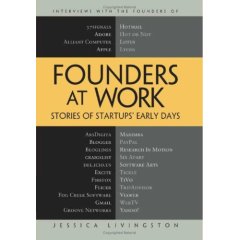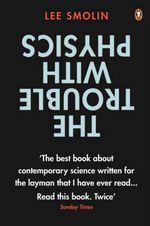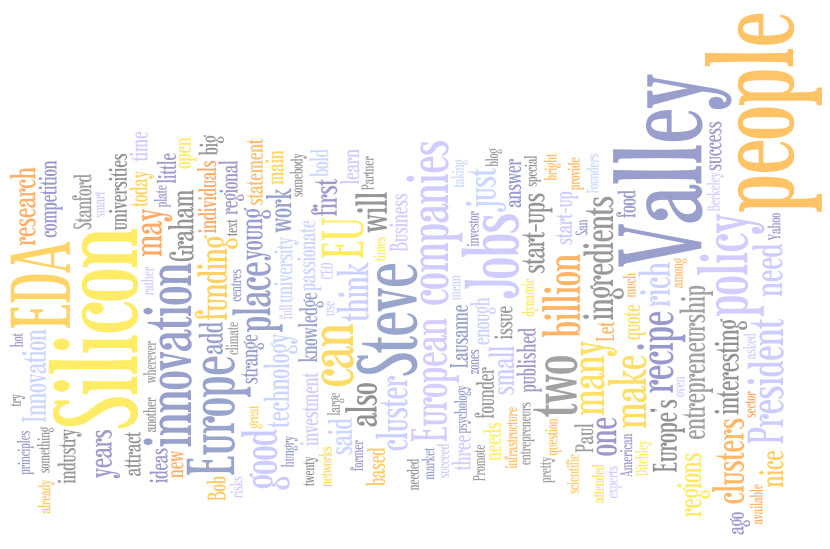Another great book, so great I decide to write this post even if I have not finished reading it: Jessica Livingston in Founders at Work has interviewed 32 entrepreneurs about their story. The lessons are convincing, fascinating. Without asking for copyright, I copy here some quotes. The book is just a pleasure to read even if sometimes the Q&A are too specific about the start-up, but I assume it is part of the exercise. A Must-Read.

Paul Buchheit, creator of Gmail about Risk Taking
As I say, for people, it depends on their situation if they can take that risk of joining a startup or moving to a new city if they don’t live in the right place. For me, I was actually single at the time, I didn’t have a mortgage, so the idea of joining a little startup that may well be destroyed was just like, “That will be fun.” Because I kind of thought, “Even if Google doesn’t make it, it will be educational and I’ll learn something.” Honestly, I was pretty sure AltaVista was going to destroy Google.
Mike Ramsay, founder of Tivo about Silicon Valley
I was curious to see what’s the attitude of a typical startup in Scotland compared to here. I found that they are just culturally a whole lot more conservative and cautious. And somewhat lacking in self-confidence. You come over here and . . . I had a meeting recently with a couple of early 20-year-olds who have decided to drop out of Stanford because they got bored, and they are trying to raise money to fund their startup. They believe they can do it, and nothing’s going to hold them back. They have confidence, they have that spirit, which I think is great and is probably unique to this part of the world. Being part of that for so long, for me, has been very invigorating.
Joshua Schachter, founder of del.icio.us about implementing
But the guy who says, “I have a great idea and I’m looking for other people to implement it,” I’m wary of—frequently because I think the process of idea-making relies on executing and failing or succeeding at the ideas, so that you can actually become better at coming up with ideas.
and about VCs
In general, I found VCs to be significantly politer than the folks I worked with. The worst they did was not call me back. I’d never hear from them again. Brad Feld does a nice blog talking about how the VC process works. He says they never call you back to say no—they don’t want to close the door in case they want to open it again, but they don’t want to actually give you a response. Very few VCs actually said, “Sorry, we’re not interested.”
Craig Newmark, founder of craiglist on the definition of start-up
“in the conventional sense, we were never a startup. In the conventional sense, a startup is a company, maybe with great ideas, that becomes a serious corporation. It usually takes serious investment, has a strategy, and they want to make a lot of money.”
PS : June 2024. I published a post about foudners and remembered the notes I used with my students at the time. here they are 16 years later…
Founders at Work - May08












